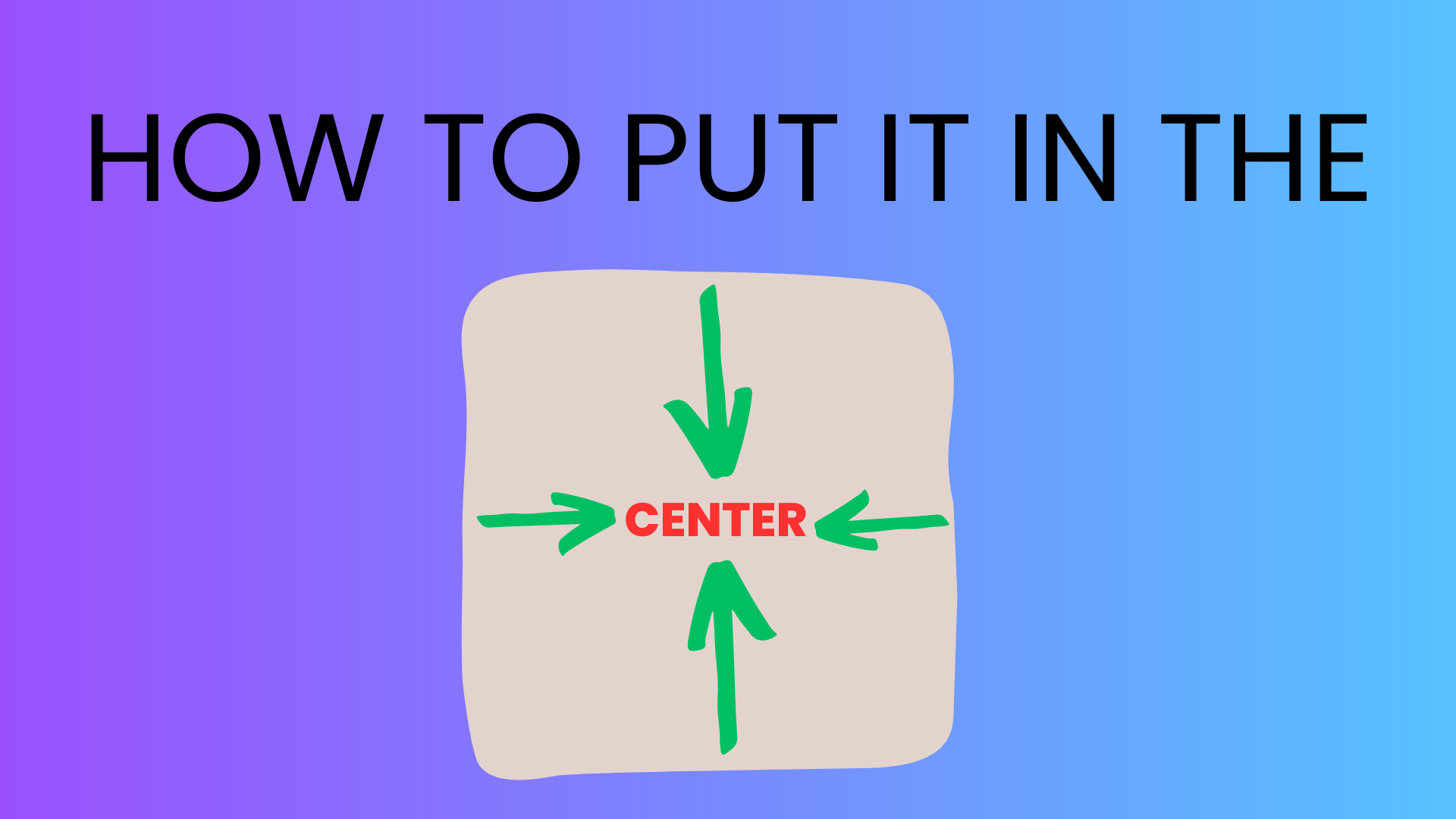Ultimate Guide To Vertically Centered Content

Let’s start with your HTML:
<div class="container">
<div class="content">Centered Content</div>
</div>When it comes to vertically centering text, there are multiple approaches you can take depending on the context and requirements of your project. Here are four common methods:
Using CSS Flexbox:
Flexbox is a CSS layout model that provides a simple way to vertically center elements. You can apply the following CSS to the parent container of the text:
Copy code
.container {
display: flex;
align-items: center;
justify-content: center;
}This will center the text both vertically and horizontally within the container.
Using CSS Grid:
CSS Grid is another CSS layout model that allows you to create grid-based layouts. To vertically center text using CSS Grid, you can define a grid container and apply the following CSS to it:
.container {
display: grid;
place-items: center;
}This will center the text both vertically and horizontally within the container.
Using CSS Table Display:
You can also use the table display properties to vertically center text. Apply the following CSS to the parent container of the text:
.container {
display: table;
height: 100%; /* Set a fixed height or use a parent with a defined height */
}
.content {
display: table-cell;
vertical-align: middle;
text-align: center; /* For horizontal centering */
}This approach simulates a table structure and vertically centers the content within the table cell.
Using CSS Positioning:
If you know the height of the container, you can use absolute positioning to vertically center the text. Apply the following CSS to the text element:
.content {
position: absolute;
top: 50%;
transform: translateY(-50%);
}This will move the text element 50% down from the top of its containing element and then shift it back up by 50% of its own height, effectively centering it vertically.
Choose the method that suits your project requirements and the browser compatibility you need to support.